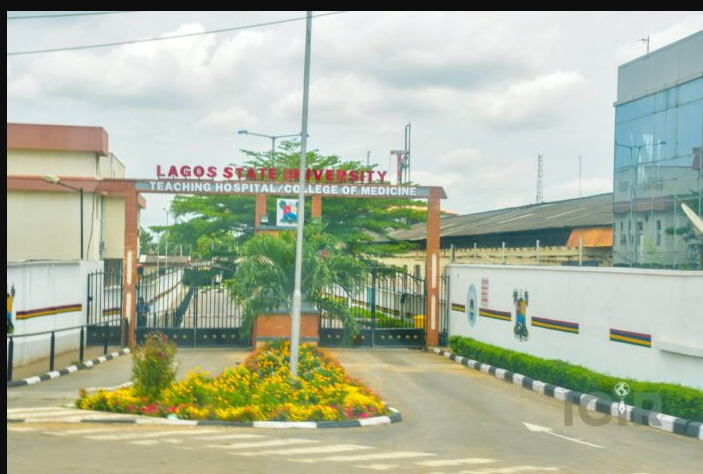The Joint Action Committee (JAC) of staff unions at Lagos State University (LASU) has declared an indefinite strike, bringing all academic and administrative activities at the institution to a complete halt just days before the scheduled commencement of the 2024/2025 second semester examinations.
In a letter dated July 31, 2025, addressed to LASU Vice-Chancellor Prof. Ibiyemi Olatunji-Bello, the unions announced the immediate commencement of the industrial action, citing unresolved grievances with the university management and the Lagos State Government.
The JAC is made up of the four major unions in the institution: the Academic Staff Union of Universities (ASUU-LASU), Senior Staff Association of Nigerian Universities (SSANU-LASU), Non-Academic Staff Union (NASU-LASU), and the National Association of Academic Technologists (NAAT-LASU). Leaders of the unions jointly signed the notice, directing their members across LASU’s main campus, the College of Medicine (LASUCOM) in Ikeja, and the Epe campus to vacate their duty posts and suspend all services until further notice.
This marks the second major strike by the unions within eight months, following a similar action in December 2024. At the heart of the current dispute is the Lagos State Government’s continued refusal to implement the 25–35 per cent salary increment approved by the Federal Government in January 2023—a decision that has already been adopted by 18 other state-owned universities.
ASUU-LASU chairperson, Prof. Ibrahim Bakare, and Secretary Sylvester Idowu reiterated that the failure of Lagos State to align with this national policy has deepened frustrations among the university’s academic and non-academic staff.
“We note with dismay that this agreement has been implemented in all federal universities and 18 state universities as of today,” they said in a previous statement issued in December, which now echoes loudly in the face of the renewed strike.
With semester exams originally slated to begin on Monday, August 4, the strike poses a significant disruption to students’ academic progression. It also casts a spotlight on the broader challenges of education funding and staff welfare in Nigeria’s tertiary institutions—particularly those managed by state governments.
The unions have vowed to sustain the strike indefinitely until all their demands are met, raising concerns among students, parents, and stakeholders about prolonged academic delays and growing unrest within the institution.
As of now, there has been no official response from the Lagos State Government or the university management regarding efforts to resolve the impasse.

